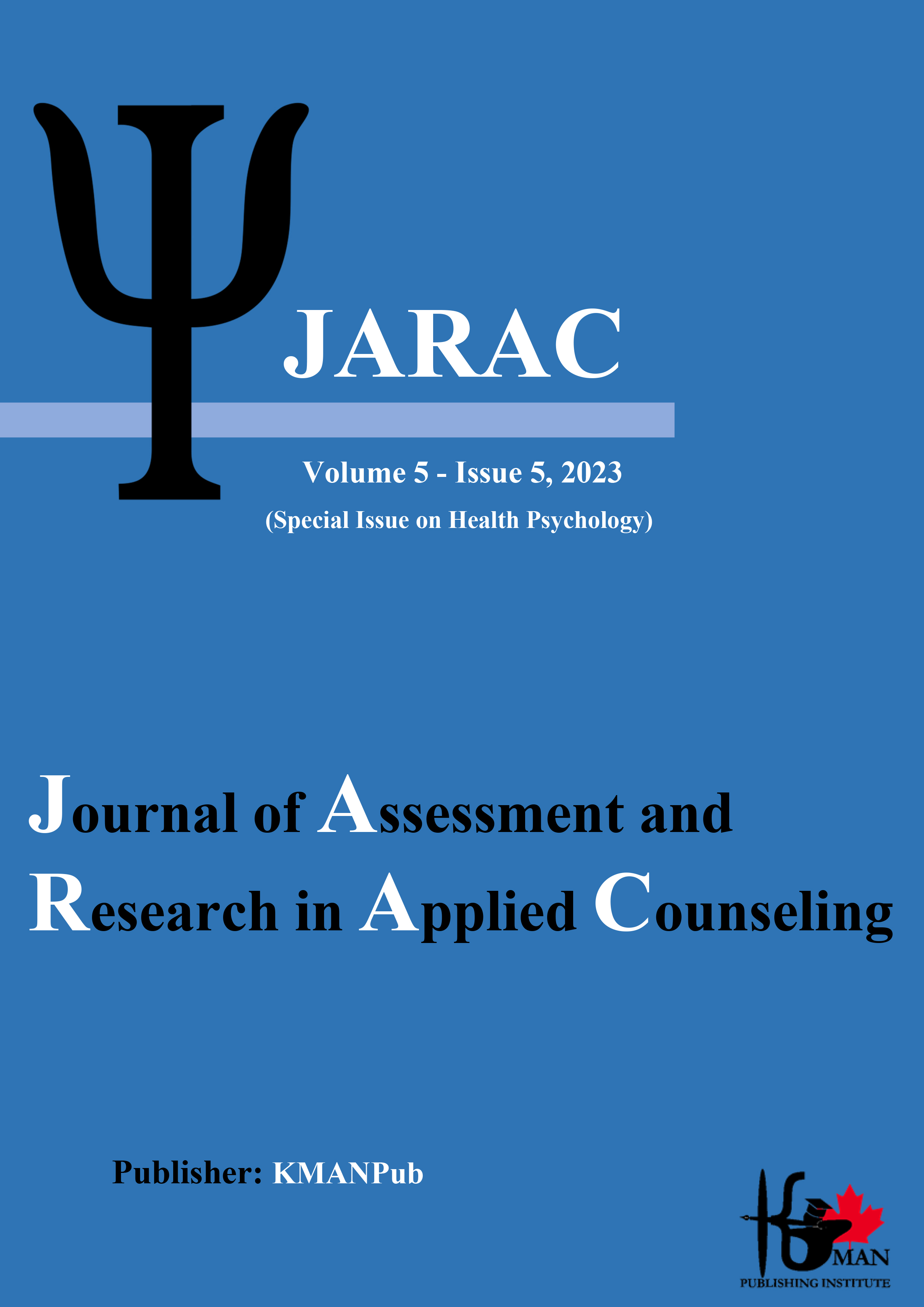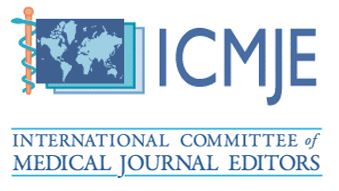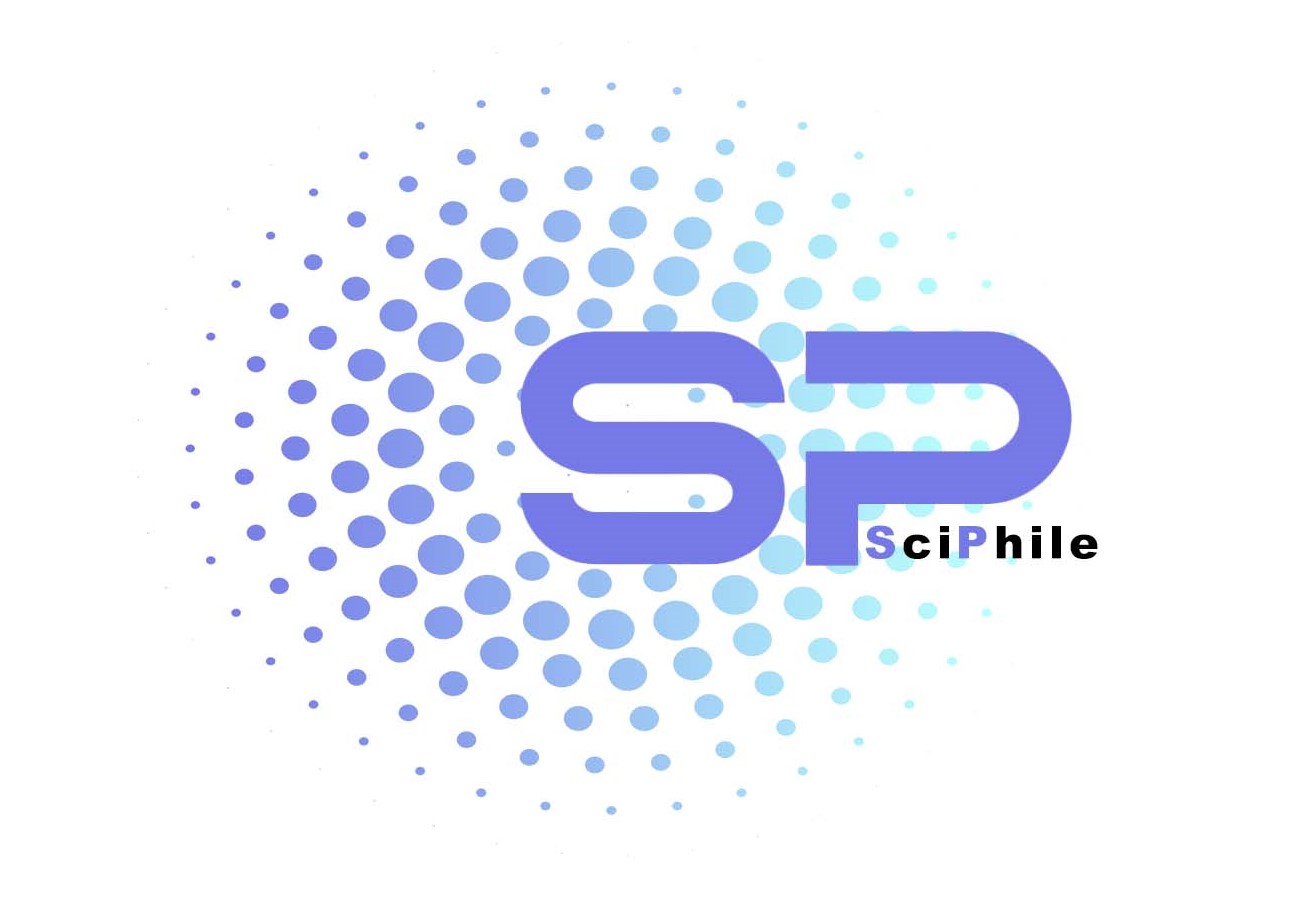The Effect of a Comprehensive Intervention Program Based on the World Health Organization's Functional Assessment Outcomes on the Functional Levels and Adaptive Behaviors of Adolescents with Intellectual Disabilities
Keywords:
Functional levels, Adaptive behaviors, Intellectual disabilityAbstract
Objective: This study aimed to determine the effectiveness of a comprehensive intervention program based on the World Health Organization's functional assessment outcomes on the functional levels and adaptive skills of adolescents with intellectual disabilities.
Methods and Materials: The research method was a quasi-experimental pre-test – post-test design with a control group. The research population included all male adolescents with mild intellectual disabilities in Gilan province during 2020-2021. The sample consisted of 30 adolescents with mild intellectual disabilities living in small group homes under the supervision of the Welfare Organization, who were conveniently selected and randomly assigned to experimental and control groups. Participants in each group responded to a pre-test before the start of the sessions, then the experimental group underwent a comprehensive intervention based on the World Health Organization's functional assessment outcomes for 17 sessions of 90 minutes each, while the control group remained on a waiting list and received no intervention until the post-test. Data collection tools included the World Health Organization Disability Assessment Schedule 2 (2012) and the Vineland Adaptive Behavior Scale (1980). Data were analyzed using univariate and multivariate analysis of covariance with SPSS 22 software.
Findings: The findings indicated that the comprehensive intervention program based on the World Health Organization's functional assessment outcomes was effective on the components of personal care, interaction and coping, and activities of life functional levels and on the components of self-help in eating, self-help in dressing, self-direction, occupational issues and engagements, movement, communication, and socialization adaptive skills of adolescents with intellectual disabilities (P<0.001), leading to their improvement; however, it had no significant effect on the components of understanding and communication, mobility and relocation, participation in society, and general self-help.
Conclusion: It can be concluded that the comprehensive intervention program based on the World Health Organization's functional assessment outcomes was effective on the functional levels and adaptive skills of adolescents with intellectual disabilities.
Downloads
Downloads
Additional Files
Published
Issue
Section
License
Copyright (c) 2024 Shahla Akbari, Abbas Ali Hosseinkhanzadeh, Bahman Akbari (Author)

This work is licensed under a Creative Commons Attribution-NonCommercial 4.0 International License.








































